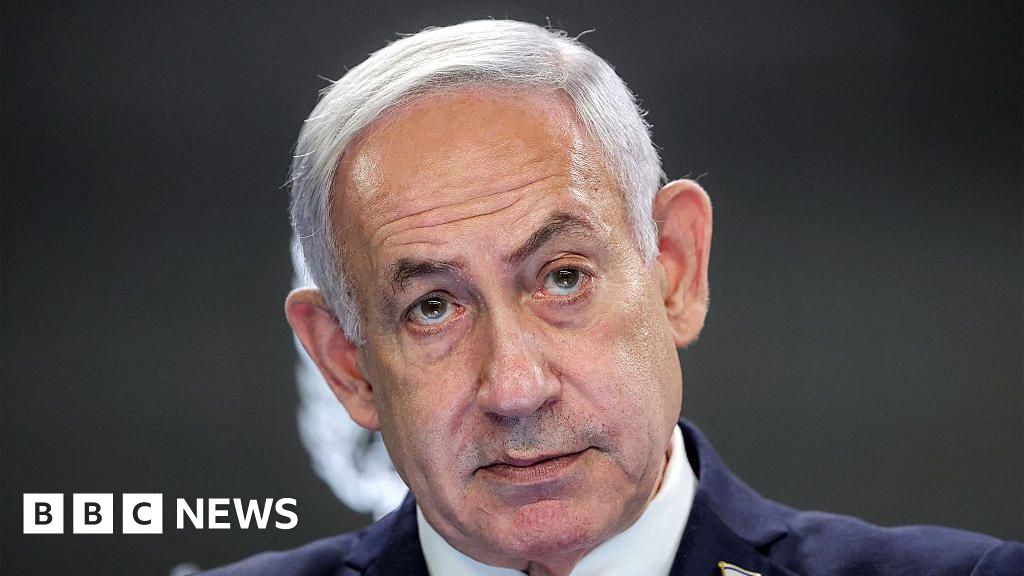ARTICLE AD BOX
The UK, France and Germany have told the UN they are ready to reimpose sanctions on Iran over its nuclear programme if it fails to resume talks by the end of August.
The three countries, known as the E3, said they were prepared to trigger a "snapback" mechanism - meaning previous sanctions would be reinstated - unless Iran resumes negotiations.
The E3 said they had offered to extend a deadline for negotiations to the end of August, which Iran has not replied to.
Last month, Iran said it was prepared for further talks but only once sanctions already in place were lifted and its right to a civilian nuclear programme was agreed.
It comes after initial talks between E3 and Iranian diplomats took place in Istanbul, Turkey last month.
In a letter to the UN and its chief António Guterres, three foreign ministers - Jean-Noël Barrot from France, David Lammy from the UK and Johann Wadephul from Germany - said they would enforce severe sanctions on Iran unless it agrees to limit its nuclear programme.
On Tuesday, the E3 said their offer of an extension to the negotiations "remained unanswered by Iran".
"We have made it clear that if Iran is not willing to reach a diplomatic solution before the end of August 2025, or does not seize the opportunity of an extension, the E3 are prepared to trigger the snapback mechanism," the letter said.
They added they were committed to using "all diplomatic tools" to ensure Iran does not develop a nuclear weapon - something Iran has denied intending to do.
Iran's Deputy Foreign Minister Kazem Gharibabadi said in July that triggering sanctions would be "completely illegal".
Sanctions on Iran's nuclear programme were previously lifted in 2015 after Iran signed a nuclear deal with the E3, the US, Russia and China, agreeing limits on its nuclear operations and to allow international inspectors entry to its nuclear sites. The deal is due to expire in October.
The US withdrew from the deal in 2018 during President Donald Trump's first term, with the leader saying it did too little to stop Iran from creating a pathway to a nuclear bomb.
With its withdrawal, all US sanctions were re-imposed on Iran.
Iran retaliated by increasingly breaching the restrictions. In May, the UN nuclear watchdog, the International Atomic Energy Agency (IAEA), said it had more than 400kg of uranium enriched to 60% purity - well above the level used for civilian purposes and close to weapons grade.
In June Iran's parliament suspended cooperation with the IAEA after tensions with Israel and the US came to a head.
Israel launched attacks on Iran's nuclear facilities the same month, triggering a 12-day war.
The US bombed a number of Iran's nuclear sites, bringing US-Iran talks to an abrupt end.
Following the strikes, the E3 countries stepped up warnings to Iran about its suspension of cooperation with the IAEA.
The BBC has contacted the UK Foreign Office for comment.
The Iranian mission to the UN did not immediately respond to the BBC's request for comment.

 2 hours ago
13
2 hours ago
13








 English (US) ·
English (US) ·